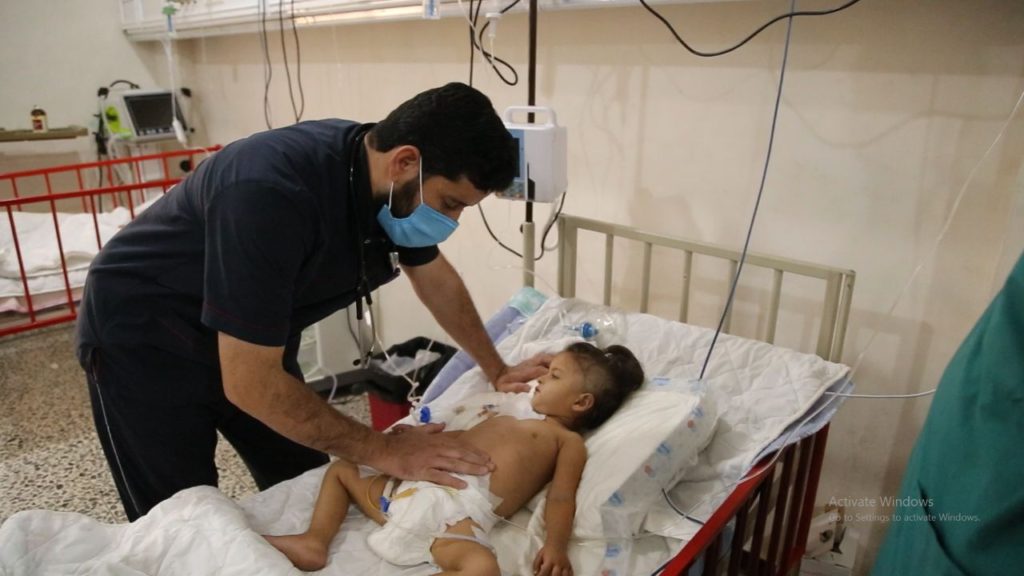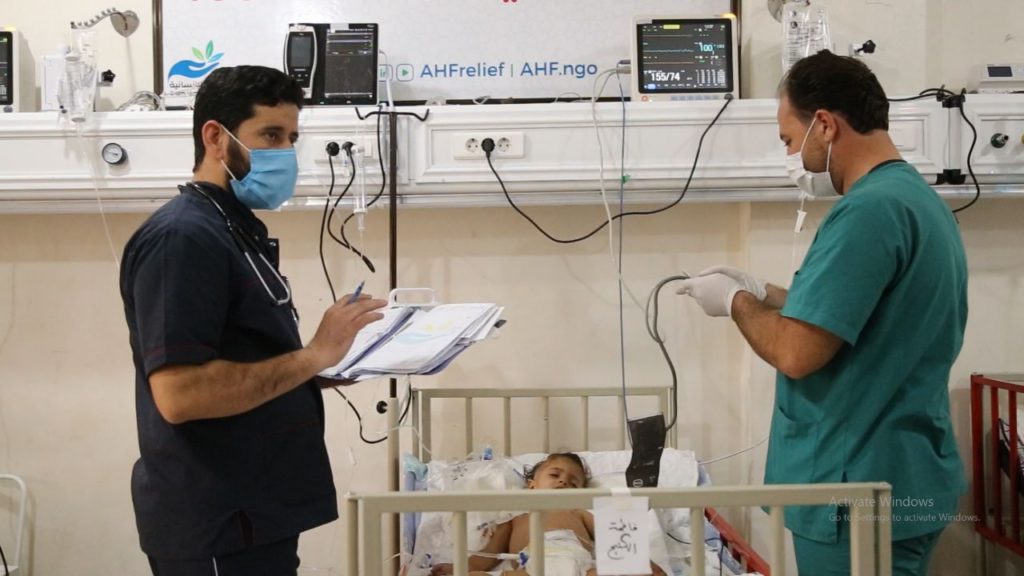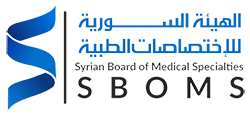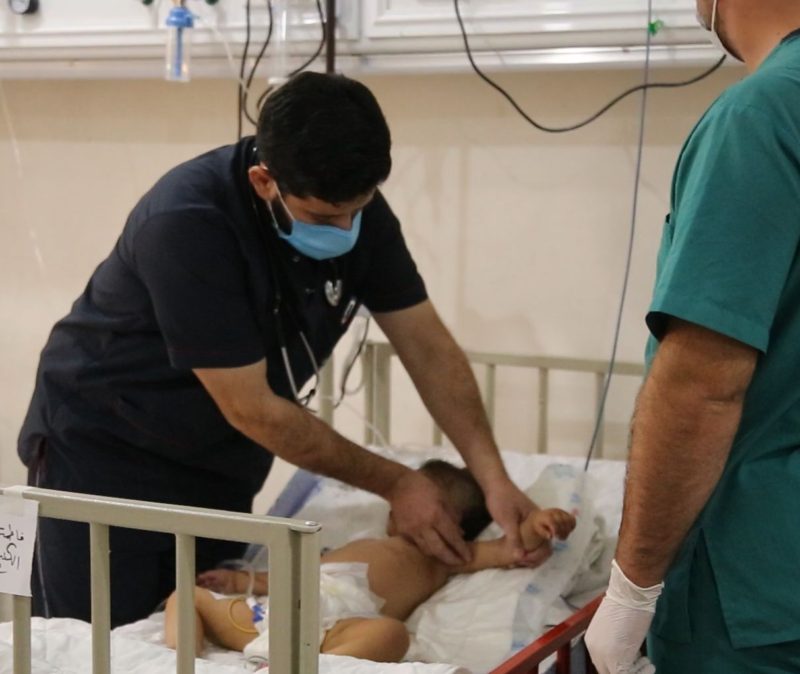A two-and-a-half-year-old girl was brought in in critical condition due to acute renal insufficiency, creatinine was 7 mg/dL, blood urea was 200 mg/dL, and the potassium was 6.5 mEq/L. To Sham Specialized Hospital, which is an accredited hospital for pediatric specialization training in northern Syria. This condition is a definitive indication for peritoneal dialysis. However, due to the Corona pandemic, it was not possible to transfer the patient to Turkish hospitals that were referring these cases.
Dr. Nasr Al-Khalaf, a pediatric specialist, is one of the first graduates of the Syrian Board of Medical Specialties in northwestern Syria and recently joined the fellowship in neonatal intensive care. Dr. Nasr refused to succumb to difficult circumstances and instead chose to think outside the box to save the patient’s life.
Management
With the help of doctors specializing in pediatric kidney diseases, Dr. Ahmed Daghim and Dr. Muhammad Obaidan, who work in the United States, Dr. Nasr developed a distinguished treatment plan, under the supervision of the two doctors, and in a few days, the peritoneal dialysis sessions began. Dr. Nasser Al-Mufleh, a pediatric surgeon and graduate from SBOMS, participated in the placement of the dialysis catheter. The child’s kidney function improved with the gradual intensification of peritoneal dialysis sessions.
Follow Up
After several days of treatment, the child was discharged from the hospital in good condition, and her creatinine level improved to 0.7 mg/dL. The girl’s life was saved thanks to Dr. Nasr Al-Khalaf by overcoming obstacles, using technology, and cooperating with specialized doctors, and thanks to the teamwork of the healthcare team at Sham Specialized Hospital for Children.
Reflection
This story reflects the strong spirit of medical professionals working in challenging conditions and overcoming challenges to save lives and improve the quality of life for patients. This success contributes to motivating and inspiring young doctors and reminding them of the importance of research, development, and innovation in the field of medicine to achieve future success and make a difference in their communities and the lives of patients. It highlights the importance of strong collaboration and the importance of leveraging technology and remote communication to achieve positive results and improve healthcare.



